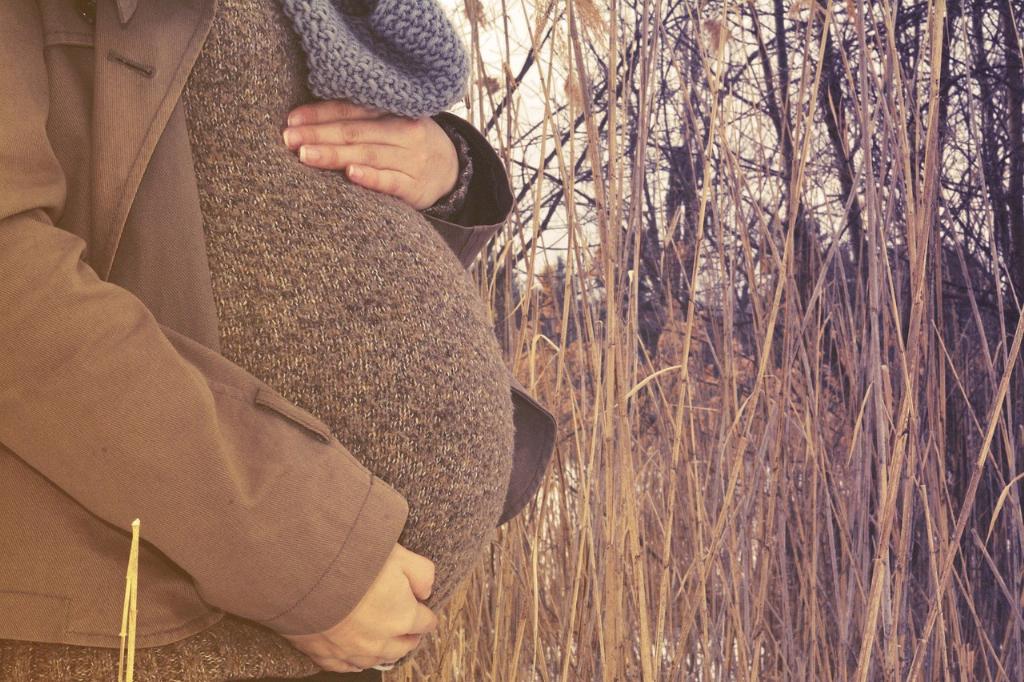Many women nearing their late 40s or early 50s may wonder if getting pregnant is still a possibility, let alone at the age of 56. The truth is, the likelihood of conceiving naturally at this age is exceedingly low due to a range of factors that affect fertility.
As women age, their ovarian reserve declines, meaning they have fewer eggs available for fertilization. By the time a woman reaches her mid-50s, the quality of the remaining eggs may be compromised, making it more challenging to conceive.
Furthermore, the chances of successful conception are also influenced by a decrease in hormone levels, such as estrogen and progesterone, which play crucial roles in the menstrual cycle and ovulation. These hormonal changes can make it harder for women over 50 to get pregnant.
Another consideration is the increased risk of chromosomal abnormalities in eggs as women get older. This raises the likelihood of genetic disorders in offspring, leading many healthcare providers to advise against attempting pregnancy in later years.
While it is not impossible for a woman to get pregnant at 56, the odds are significantly stacked against her. In rare cases where natural conception occurs at this age, there may be higher risks for both the mother and the baby due to age-related health concerns.
For individuals in their mid-50s who are desiring to have a child, the option of fertility treatments like in vitro fertilization (IVF) could be explored. IVF can help overcome some of the challenges associated with advanced maternal age and increase the chances of successful pregnancy.
It’s essential for women considering pregnancy at 56 to consult with a fertility specialist to assess their individual circumstances and explore the most suitable options available to them. A healthcare provider can provide personalized guidance based on factors like overall health, medical history, and reproductive potential.
Additionally, lifestyle factors such as diet, exercise, and stress management play a significant role in fertility outcomes. Adopting a healthy lifestyle and making positive changes can contribute to improved reproductive health and may enhance the possibility of conception, even at an older age.
Ultimately, the decision to pursue pregnancy at 56 is a deeply personal one that involves weighing the potential risks and benefits. It’s crucial to approach this choice with realistic expectations and awareness of the unique challenges that come with conceiving later in life.
While the path to parenthood may be more complex for women in their mid-50s, advancements in reproductive technology and medical care offer hope for those who are determined to start or expand their families later in life.
Regardless of the outcome, seeking support from loved ones, healthcare professionals, and fertility specialists can help navigate the emotional and physical journey of trying to conceive at an older age.

